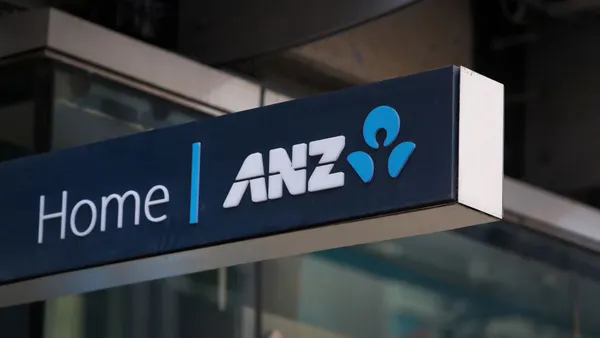TD Bank misled investors about the severity of failures of its anti-money laundering program and about the consequences it could face as a result, according to an investor lawsuit.
The proposed class action, filed by James Tiessen in the U.S. District Court for the Southern District of New York, alleges that TD executives made “overwhelmingly positive statements to investors” about the bank’s ability to address AML issues while at the same time misleading investors by, in part, not indicating that an asset cap – or any measure that would undermine the bank’s growth for the foreseeable future – was in the cards.
Executives’ positive statements absent this information caused shareholders to purchase TD’s securities at artificially inflated prices, Tiessen alleged, before its $3.09 billion in penalties and $434 billion asset cap were announced on Oct. 10.
“The unveiling of the scope of the Company’s AML failures surprised investors and analysts alike as they reacted immediately to the revelations,” according to the lawsuit. “The price of TD’s common stock declined dramatically.”
The lawsuit names TD CEO Bharat Masrani, TD U.S. CEO Leo Salom, TD CFO Kelvin Vi Luan Tran and TD Securities CEO Riaz Ahmed as defendants.
TD’s stock fell from $63.51 per share at closing time on Oct. 9 down to $57.01 on Oct. 11, declining more than 10.23% in two days, Tiessen noted.
At press time, TD shares were at $56.33, representing an 11.98% drop since Oct. 9.
TD’s settlement with the Justice Department and the Office of the Comptroller of the Currency followed its guilty plea to conspiring to fail to maintain an AML program that complies with the Bank Secrecy Act, failure to file accurate Currency Transaction Reports, and launder money.
“By making its services convenient for criminals, TD Bank became one,” said Attorney General Merrick Garland in a prepared statement when the settlement was announced. “Today, TD Bank also became the largest bank in U.S. history to plead guilty to Bank Secrecy Act program failures, and the first US bank in history to plead guilty to conspiracy to commit money laundering. TD Bank chose profits over compliance with the law — a decision that is now costing the bank billions of dollars in penalties.”
“Let me be clear: our investigation continues, and no individual involved in TD Bank’s illegal conduct is off limits,” Garland said at the time.
While the lawsuit indicates that the exact number of members within the class is yet unknown, Tiessen believes the number is in the hundreds of thousands. Tiessen is seeking a jury trial, and as relief seeks damages and pre- and post-judgment interest.
Tiessen’s attorney, Levi & Korsinsky partner Adam Apton, and a spokesperson for TD did not immediately respond to requests for comment.














